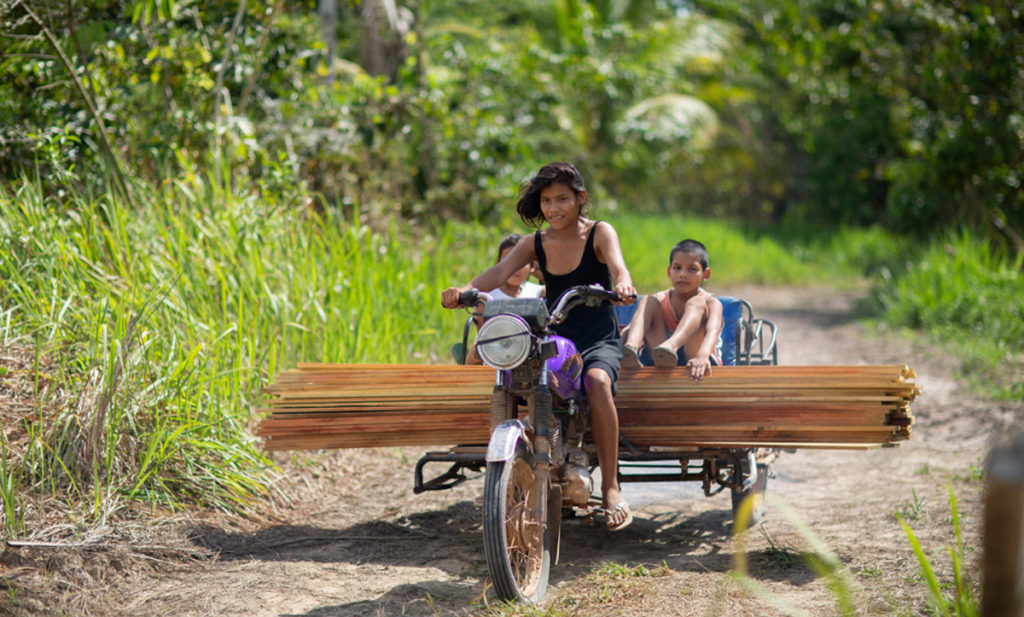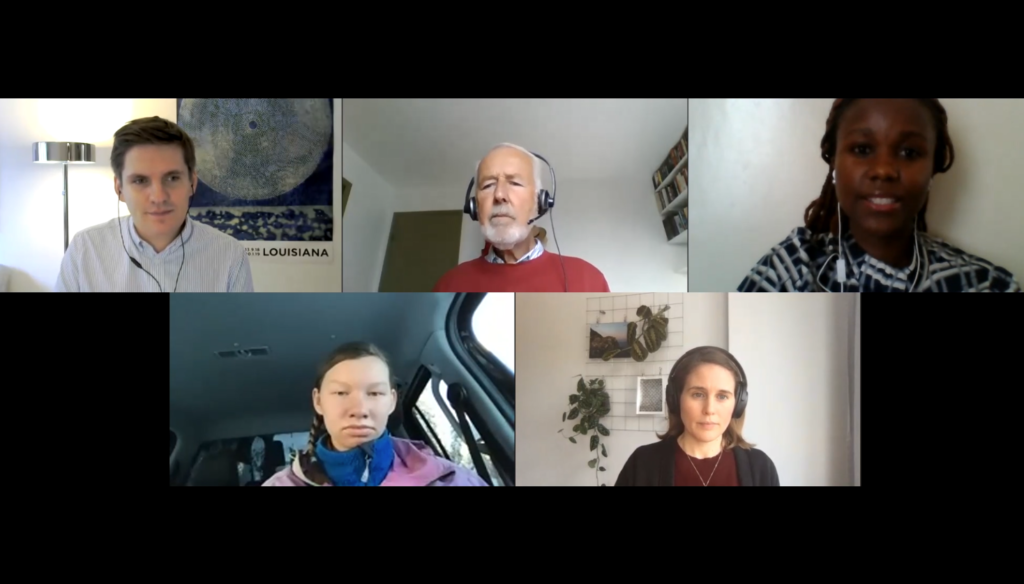Food systems will be on top of the international development agenda during 2021, not least with the first-ever UN Food Systems Summit. The actions taken at the summit will have long-lasting effects both for the climate and the 2030 Agenda. But even more so for the youth and future generations who will live with the outcomes.
The third day of the SIANI Annual Meeting 2021 focused on the role of youth in food systems. It aimed to increase the engagement of young people in the SIANI network and to build momentum on the topic of youth ahead of the Food Systems Summit. This article summarises the discussions at the event. You can watch the recording of the event at the end of this story.
Enabling youth to transform the food systems
“We need to value the people who produce food higher, today they are lower in the ranks. They are knowledgeable and their knowledge is valuable,” said Sanna Vannar, a reindeer herder and Chair of the Sámi youth organisation Sáminuorra.
For a lot of young people farming and food production is not an attractive career choice. There is an urgency to find and implement innovative solutions to make work in food systems appealing again and to strengthen different sectors managing our food from farm to fork, while ensuring the existing knowledge is not lost on the way.
“We have to teach children that they don’t need to sit in an office to be successful in life, making sure food arrives on the plate is a good career,” said Maureen Muketha, Founder of TuleVyema and Fellow, Young African Leaders Initiative.
Maureen also stressed that school curriculums should include agriculture and nutrition from an early stage, and that higher agricultural education needs to integrate agribusiness, entrepreneurship, and technology notions in order to secure strong positions along the food value chains.
The current food systems discourse puts a lot of pressure on the youth to take space and to be brave enough to invest and engage in food production. But Amanda Wood, Researcher at Stockholm Resilience Centre questions this notion: “Young people should not need to have the courage to engage in food systems and agriculture. We have to de-risk the investments with financial support mechanisms from the public and the private sector,” said Amanda.
Young people can enable and lead the transformation of our food systems if they are given opportunities and support, according to Thomas Rosswall, a member of The High Level Panel of Experts on Food Security and Nutrition (HLPE). 80 percent of the workforce in low-income countries are involved in farming today, but there is a need to ensure that the sector becomes attractive and that there is an enabling and supportive environment for young people. They need to be able to take over farms from their parents and implement innovative approaches to achieve sustainable food systems.
The audience was also invited to share ideas on how to best ensure youth’s involvement in food systems. The members of the audience emphasized the need for bottom-up processes where the youths are involved in the full life-cycle of policy making processes, and that the agricultural sector needs to provide more opportunities than challenges. These changes need to happen together with the creation of an enabling environment, where mentorship will play a key role. Representation is an important starting point, but the active involvement of young people in policy dialogues is a prerequisite for true inclusion.

